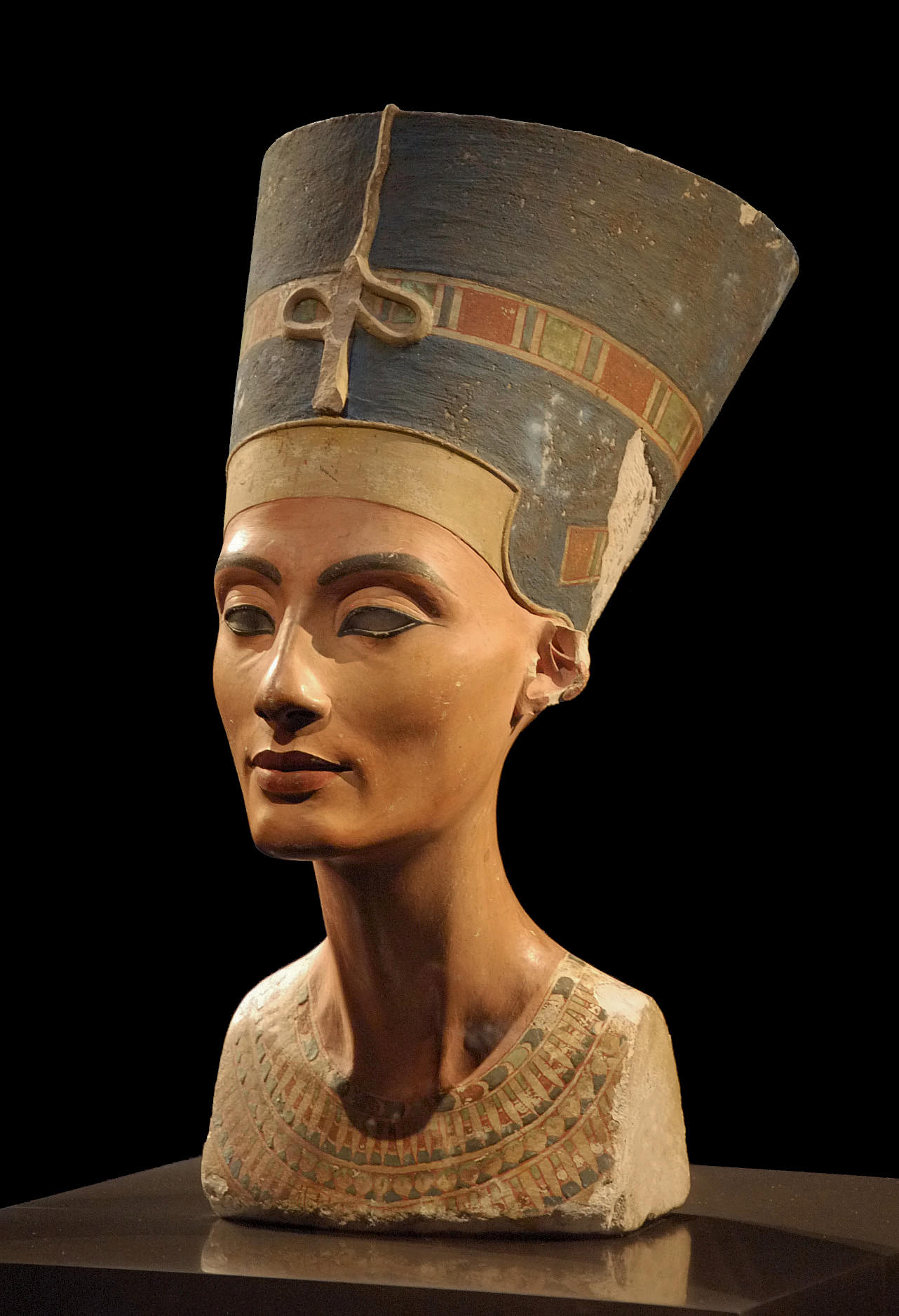Overview
Introduction to Ancient Empires
Ancient empires have long captured the imagination of historians, archaeologists, and enthusiasts alike. These powerful and influential entities played a pivotal role in shaping the course of human history, leaving behind a rich legacy of cultural, political, and military achievements. The emergence of ancient empires marked a significant shift from small, localized societies to vast, organized states with centralized authority. Conquests, trade networks, and sophisticated administrative systems were key components of their expansion and dominance. The establishment of monumental architectural marvels, such as the pyramids of Egypt and the Great Wall of China, stands as a testament to the grandeur and ambition of these empires. Moreover, the intricate societal hierarchies, religious practices, and legal codes developed by ancient empires continue to influence modern governance and societal structures. The study of ancient empires provides invaluable insights into the dynamics of power, diplomacy, and cultural exchange, offering a window into the complexities of human civilization in its formative stages.
Key Features of Ancient Empires
Ancient empires were characterized by their vast territories and diverse populations. The centralized governance and hierarchical structure of ancient empires allowed for efficient administration and resource allocation. These empires were known for their military prowess and strategic conquests, often leading to the assimilation of new territories and cultures. Economic prosperity and trade networks were integral to the sustenance of ancient empires, fostering economic interdependence and cultural exchange. The architectural marvels and monumental constructions of ancient empires stand as a testament to their engineering and artistic achievements. However, the internal conflicts and revolts within empires posed significant challenges to their stability and governance.
Significance of Ancient Empires
Ancient empires hold a profound significance in shaping the course of human history. Their enduring legacies, monumental achievements, and cultural influence have left an indelible mark on the world. These empires were not just political entities but also centers of innovation, artistry, and philosophy. Their architectural marvels, intricate governance systems, and vast trade networks paved the way for the modern world. The Month-long November festivities were a testament to the rich traditions and celebrations that originated from these ancient empires, symbolizing unity and cultural vibrancy. Moreover, the empires’ enduring impact on governance, law, and societal structures continues to shape modern societies, offering valuable insights into the complexities of leadership and statecraft.
Legends of Ancient Royals

Mythical Origins of Royal Dynasties
The mythical origins of royal dynasties are shrouded in mystery and intrigue, with tales of divine lineage and heroic exploits. These legends form the foundation of ancient royal bloodlines, shaping the narratives of power and authority that defined entire empires. From the legendary founding of dynasties to the epic sagas of conquest and triumph, the mythical origins of royal dynasties capture the imagination and inspire awe. The enduring legacy of these myths continues to captivate historians and storytellers, offering a glimpse into the cultural and spiritual beliefs of ancient societies. Through these legends, we gain insight into the Afrobeats push that propelled royal dynasties to greatness, symbolizing the fusion of tradition and innovation in the ancient world.
Famous Royal Figures in Ancient History
In the annals of ancient history, the royal figures of bygone empires stand as towering symbols of power, influence, and legacy. These legendary rulers, adorned with opulent crowns and regal attire, commanded immense respect and authority. From the majestic pharaohs of Egypt to the mighty emperors of Rome, their reigns were marked by grandeur, conquests, and cultural achievements. The royal courts of these ancient dynasties were centers of opulence and intrigue, where courtiers vied for favor and power. The royal families themselves were the subjects of captivating sagas, filled with tales of romance, betrayal, and political maneuvering. The royal lineage of these ancient rulers has left an indelible mark on the tapestry of history, shaping the course of nations and civilizations. Their legacies continue to captivate the imagination and inspire awe, serving as a testament to the enduring allure of ancient royalty.
Legacy of Ancient Royal Families
The legacy of ancient royal families is a tapestry woven with the threads of power, influence, and tradition. These royal lineages, stretching back through the annals of time, have left an indelible mark on the history of civilization. From the majestic pharaohs of Egypt to the mighty emperors of Rome, the legacies of these ancient royal families continue to shape our understanding of monarchy, governance, and societal structure.
One of the most enduring legacies of ancient royal families is their cultural patronage. Through their support of the arts, literature, and architecture, these royal dynasties fostered a rich and diverse cultural landscape that has stood the test of time. The magnificent temples, grand palaces, and awe-inspiring sculptures created under their patronage continue to inspire awe and wonder, serving as a testament to the artistic prowess and opulence of these ancient rulers.
Moreover, the political influence wielded by ancient royal families extended far beyond their borders, shaping the geopolitical landscape of their time. Through strategic alliances, military conquests, and diplomatic endeavors, these royal dynasties expanded their dominion, leaving an indelible mark on the map of the ancient world. The legacies of their conquests and diplomatic triumphs continue to reverberate through the annals of history, serving as a testament to their enduring impact on global politics.
Furthermore, the ethical and moral codes upheld by ancient royal families set the standard for societal conduct and governance. The royal edicts, laws, and decrees issued by these rulers reflected their commitment to justice, equity, and order. Their adherence to ethical principles and moral values laid the foundation for the development of legal systems and governance structures that continue to influence modern societies.
In conclusion, the legacy of ancient royal families transcends the boundaries of time, leaving an indelible imprint on the tapestry of human history. Their cultural patronage, political influence, and ethical codes have shaped the course of civilization, serving as a testament to the enduring impact of these ancient royal lineages.
Rise and Fall of Empires

Factors Contributing to Empire Building
The rise of Cristóbal Balenciaga is a fascinating tale of innovation and creativity in the world of fashion. His revolutionary designs and avant-garde approach to couture reshaped the industry, leaving an indelible mark on the art of fashion. Balenciaga’s legacy continues to inspire contemporary designers and fashion enthusiasts, showcasing the enduring influence of his visionary work.
Challenges Faced by Ancient Empires
Ancient empires faced a myriad of challenges that tested their resilience and ingenuity. From external invasions to internal power struggles, these empires navigated treacherous waters to maintain their dominance. One of the most captivating aspects of ancient empires is the prevalence of 7 Love Stories that have been immortalized in history. These tales of romance and passion provide a glimpse into the personal lives of emperors and royals, showcasing the human side of these powerful figures. The 7 Love Stories serve as a reminder that even amidst the grandeur and opulence of empires, love and emotions played a significant role in shaping the course of history.
Causes of Decline and Collapse
The Rise and Fall of ancient empires is a compelling narrative that captures the essence of human history. It is a saga of grandeur and glory, of conquests and defeats, of power and vulnerability. The Rise and Fall of empires is often attributed to a complex interplay of internal and external factors. Internally, the Rise and Fall of empires can be traced to dynastic struggles, succession crises, and internal power struggles. Externally, the Rise and Fall of empires can be influenced by invasions, wars, and geopolitical shifts. Understanding the dynamics of Rise and Fall is crucial for comprehending the cyclical nature of history and the intricate web of events that shape the destiny of civilizations.
Influence on Modern Societies

Impact of Ancient Empires on Governance
Ancient empires had a profound impact on the governance structures of their time, laying the foundation for many political systems that followed. The administrative practices and bureaucratic frameworks established by these empires set the precedent for organized and centralized governance. Moreover, the legal and judicial systems of these empires served as the cornerstone for the development of legal frameworks in subsequent societies. The governance of ancient empires was characterized by a complex hierarchy of officials and administrators, each with specific roles and responsibilities. This hierarchical structure facilitated the efficient management of vast territories and diverse populations, ensuring the smooth functioning of the empire. Additionally, the empires’ emphasis on diplomacy and international relations paved the way for the establishment of diplomatic protocols and foreign policies in modern governance. The influence of ancient empires on governance extended beyond their territorial boundaries, shaping the political landscape of neighboring regions and future civilizations. The legacy of these empires continues to influence contemporary governance systems, serving as a roadmap for the development of effective governance strategies in today’s world.
Cultural and Artistic Contributions of Ancient Empires
Ancient empires made remarkable cultural and artistic contributions that continue to influence the world today. The artistic achievements of these empires encompassed a wide array of disciplines, including architecture, sculpture, painting, and literature. Innovative architectural marvels such as the grand pyramids of Egypt, the majestic Acropolis of Athens, and the awe-inspiring Great Wall of China stand as enduring testaments to the creative genius of ancient empires. Furthermore, the intricate sculptures and breathtaking artworks produced during these eras reflect the sophistication and creativity of ancient artisans. The literature of ancient empires, from the epic poems of Mesopotamia to the philosophical writings of ancient Greece, laid the foundation for literary traditions that persist to this day. These cultural and artistic achievements were not only expressions of creativity but also served as symbolic representations of the power and grandeur of ancient empires. The enduring legacy of these contributions serves as a testament to the profound impact of ancient empires on the evolution of human civilization.
Lessons from Ancient Empires for Today’s World
Ancient empires have left an indelible mark on the course of human history, shaping the world as we know it today. Their enduring influence extends to governance, culture, and the arts, providing invaluable insights for modern societies. The legacy of these empires serves as a testament to the resilience and adaptability of human civilizations, offering a wealth of lessons that continue to resonate in today’s world. From the majestic architecture of the Roman Empire to the philosophical wisdom of the Chinese dynasties, the cultural and artistic contributions of ancient empires are a wellspring of inspiration. Moreover, the challenges faced by these empires, such as political unrest and external threats, offer valuable perspectives on the complexities of governance and power dynamics. By studying the rise and fall of ancient empires, we gain a deeper understanding of the cyclical nature of history and the enduring human spirit in the face of adversity.
Avid Writer with invaluable knowledge of Humanity!
Upcoming historian with over 30 million views online.
“You make your own life.”





